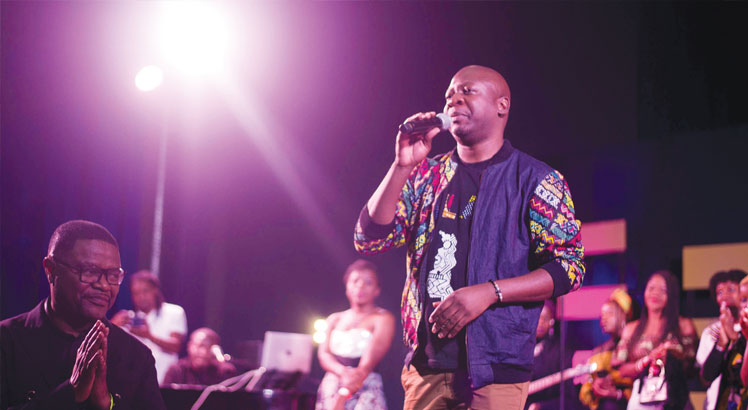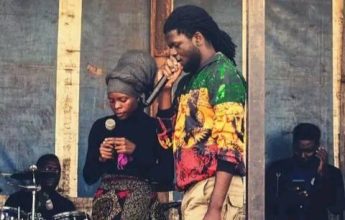Can hairstyle impede right to education?
Rastafarians in Malawi continue to wait for the day their children will be allowed to attend public schools in dreadlocks.
Their argument is simple: It is unconstitutional to deny the children the right to education because of their creed which demands that they wear dreadlocks.
 The closest the country came to lifting the ban was in 2011 when former president, the late Bingu wa Mutharika, verbally instructed teachers to allow dreadlocked children in schools, but it appears the instruction went with Mutharika to the grave.
The closest the country came to lifting the ban was in 2011 when former president, the late Bingu wa Mutharika, verbally instructed teachers to allow dreadlocked children in schools, but it appears the instruction went with Mutharika to the grave.
President of the Rastafarian community Ras Judah argues that the prohibition of dreadlocked children in public schools violates the children’s right to education as well as their freedom of worship, both of which are enshrined in the country’s Constitution.
“The locks are a critical component of our beliefs and nobody can demand their removal.
“For a long time we have been trying to get the ban lifted to no avail. If the status quo prevails we plan to seek an audience with the State President,” he says.
But spokesperson for the Ministry of Education Manfred Ndovi says although government was approached to consider changing its policy, its position on the matter remains unchanged.
“For now, dreadlocks are not allowed in class. Pupils or students should look decent and presentable; in Malawi you can’t see a minister with dreadlocks… This is also related to the issue of Muslim pupils wearing the hijab in class; all these are not allowed in so far as the county’s education laws matter,” he says.
Ndovi further suggested that Rastafarians introduce private schools that can admit pupils with dreadlocks.
“For government run schools this is not allowed because we encourage decency,” he adds.
But the ministry’s stance displeases executive director for Centre for Youth and Children Affairs (Ceyca) Desmond Mhango who argues that the education policy in its current state discriminates against Rastafarian children.
“From a human rights perspective, every child, regardless of race or creed, must attend school as long as their beliefs don’t contradict the country’s laws. When I look at the laws of the country, they are not segregating people based on appearance, but this policy is,” states Mhango.
He calls on government to revisit the education policy to ensure that Rastafarian children are given equal access to education.
“Rastafarians pay taxes just as anybody else and I see no reason why their children should be denied public education to which they contribute substantially. If the problem is appearance then tell them to take good care of the hair.
“The ministry can put in place measures to ensure that the children look presentable in their dreadlocks,” he suggests.
Mhango further argues that dreadlocks cannot affect one’s ability to excel in class to become a meaningful citizen.
“Are we saying that Rastafarian doctors cannot administer proper medication? Are we saying that Rastafarian professors can’t deliver successful lectures just because they have dreadlocks? Let’s stop treating Rastafarians so unfairly because they are Malawians too,” says Mhango.
In his legal opinion,Livati Phiri, a Lilongwe-based lawyer, says the issue highlights the desperate need for the ministry to provide clearer direction including binding regulations regarding education for minority groups.
“Our education system remains unaware on how it should respond to issues of cultural and religious rights when determining learners’ dress code. It’s the government’s role to ensure that sufficient direction is given to schools so that pupils’ rights aren’t inadvertently compromised. The dress code should take into account religious and cultural diversity,” he says.





